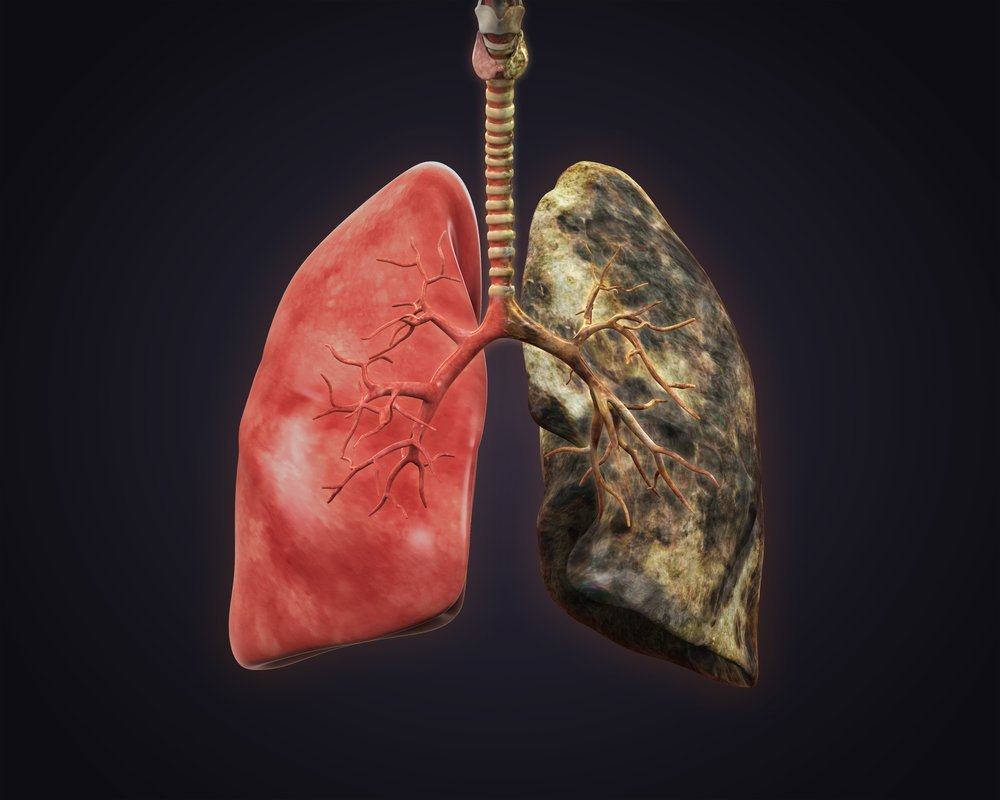Contents:
Medical Video: Is the Secret to Superhuman Performance in Your Gut? | The Swim
A variety of health problems ranging from allergies, obesity, autoimmune diseases (irritable bowel syndrome, acne, chronic fatigue), autism, dementia, cancer, to depression can actually be linked to weakened immunity rooted in the failure of bacteria in the intestine.
Human digestive organs not only function to digest and absorb nutrients from foods that enter the body. However, in the intestine, there are various good bacteria that have various health benefits. The more types of good bacteria a person has, the better the impact on his health.
How do bacteria in the intestine affect the human immune system?
It is estimated that the intestine contains 100 trillion bacteria. This number is 10 times more than other places in the human body. Through this diversity of bacterial colonies, the intestine called the second brain can communicate directly with the brain, the center of all bodily functions. Through these bacteria the intestines can feel and provide a direct response to what is happening to the body. For example, when you are panicking or depressed during stage fever, suddenly your stomach feels sore and you want to vomit.
Besides communicating with the brain, these bacteria also interact with the human immune system. In the body of a healthy person, intestinal microbes stimulate the immune system as needed so that it is good enough to tame disease-carrying germs that enter the body (when you eat forget to wash your hands), while at the same time restraining them from launching counterattacks to the body .
Every cell type of the immune system is affected by bacteria in many ways. Some bacteria have a strong influence, while others have a much more subtle effect. Very few microbes that produce no effect at all.
Some bacteria encourage certain cell activity, while others inhibit the same cell activity. This opposite effect indicates a balancing mechanism to ensure that no single bacteria can dominate its influence on the immune system. Similarly, some bacteria increase certain genes, while others decrease their regulation. This shows that microbes can balance the effects on intestinal genetic expression.
The presence of disturbances in the communication pathways of bacteria and body cells and the harmony of various bacteria in the human intestine can disrupt the function of the immune system and its metabolic processes.
Too many bad bacteria in the intestine make the immune system weaker
Intestinal bacteria thrive depending on what you eat and the hormones released by the body. The number and type can increase along with applying a good diet and a healthy lifestyle. Give them whole and fresh food, so good intestinal bacteria will multiply, which will benefit your immune system. Give them food "junk", then the bad bacteria that will control your intestine, resulting in leaky intestines, free radical toxin buildup, and especially inflammation which is the root of various health problems.
Interestingly, the interaction between intestinal bacteria and the immune system goes in two directions: what happens to one of them will affect the other. One recent study found that the number and variety of bacteria in the intestines of obese people is less than thin people. Other studies have shown that an increase in a group of intestinal bacteria is called Firmicutes, and decrease in a group of so-called intestinal bacteria Bacteroidetes, also associated with obesity.
One study published in the journal Brain, Behavior and Immunity found that children who are easily tantrums have a greater diversity of bacteria. Although researchers are not sure what the causal relationship is, this can be triggered by stress hormones that can change intestinal acidity. Erratic intestinal acidity can affect the preservation of bacteria in the intestine.
Likewise with babies who often have colic. These babies have a number of bacteria Proteobacteria higher than children who have never been colic. Proteobacteria produce gas that causes pain in infants, which makes them cry easily.
The importance of maintaining digestive health for better immunity
Therefore, if you want to improve your health, start with your intestines. Digestive health can really affect your entire body. The good news is that your colonies can change according to what you eat.
Enrich your diet with fiber-rich vegetables, low-sugar fruits, non-gluten grains, and peas. Expand also eat foods rich in probiotics, such as yogurt, kefir, Korean asinine kimchi, pickles, cheese, and tempeh.
One study in Canada showed that the consumption of probiotics can reduce fasting blood sugar levels and increase the activity of insulin secretion in people with diabetes. Probiotics can also help relieve depression and Alzheimer's because of the content of good bacteria called Lactobacillus. In the intestine, Lactobacillus is responsible for expelling bad bacteria, thus strengthening the body's immune system to fight inflammation in the brain.












